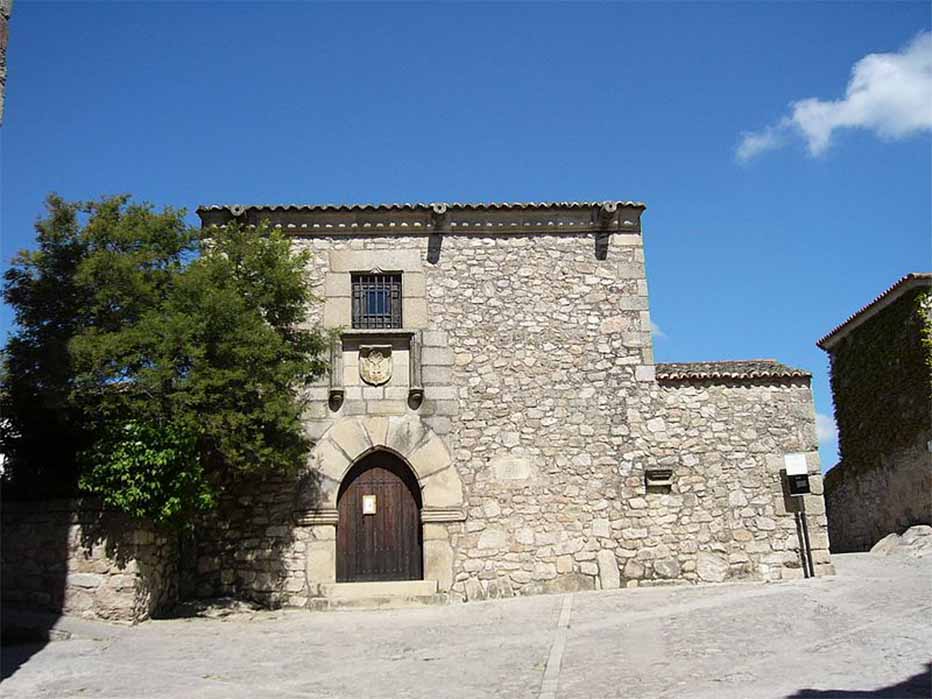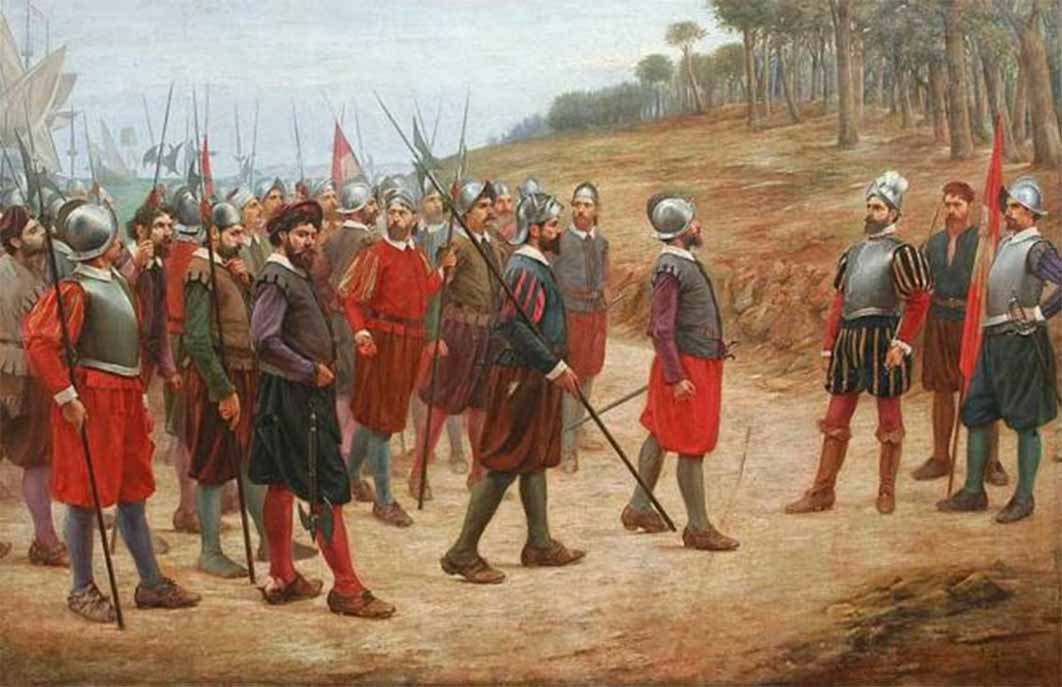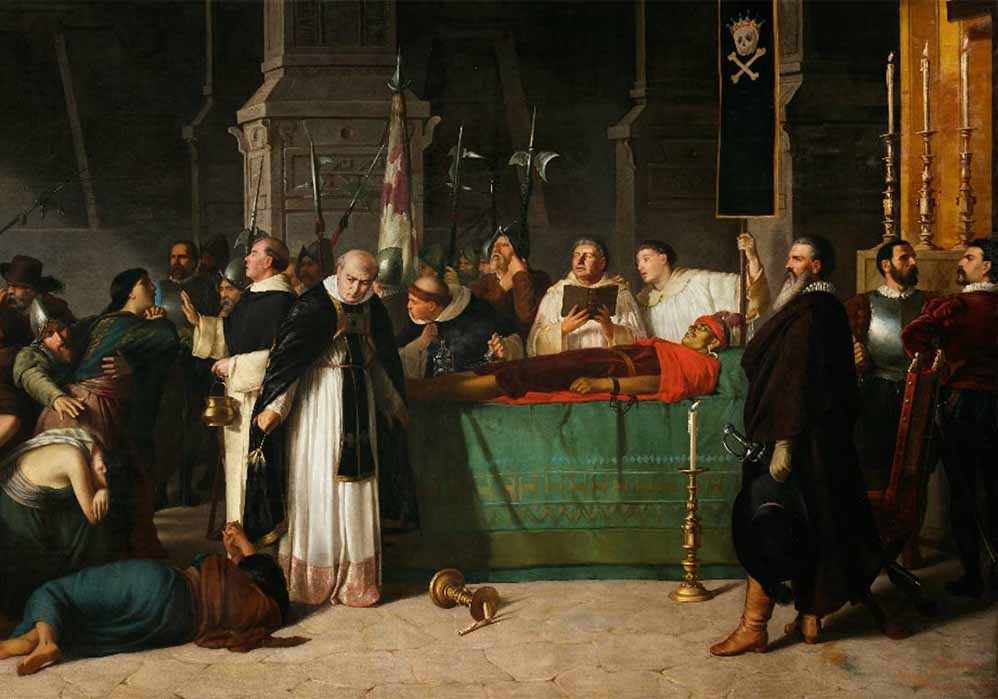
Francisco Orellana’s Accidental Discovery Of The Amazon
Among the daring exploits of those early Spanish conquistadors intent on claiming the New World for their own, none are as dramatic as Francisco Orellana’s perilous nine month journey to the Amazon in 1542. Originally an endeavor of conquest carried out alongside legendary General Gonzalo Pizarro, an impassable stretch of river would transform it into a desperate struggle for survival as Orellana and his small band of men unwittingly became the earliest explorers of a hidden world. On the way this errant search party would experience wonders and terrors beyond imagination, unexpectedly finding in the unforgiving wildernesses proof of the Grecian myth that gives the Amazon its name. Although Orellana would emerge surprisingly unscathed from the ordeal, in the aftermath luck would ultimately work against him.

Home-museum of Fransisco Pizarro in Trujillo, birth place of Fransisco Orellana, a relative ( Manuel González Olaechea/ CC BY-SA 3.0)
The Astronomical Rise of Francisco Orellana
In 1511 Francisco Orellana was born in into a wealthy family in Trujillo, which was then part of the Kingdom of Castille and located in the Spanish region of Extremadura. Orellana’s family were true patricians and were related to some of the most powerful figures in the Castilian realm. Among the most prominent figures they shared blood with was Francisco Pizarro, a conquistador who had forged a reputation as a brilliant leader in the New World. In 1527, eager to follow in the footsteps of his famous relative, Orellana arrived in the Caribbean and established himself in Panama, before making his combat debut in its Northern regions. Over the span of a decade, Orellana distinguished himself on the battlefields of Central America, where at the cost of losing an eye he would win the admiration and respect of the Pizarro clan.

Francisco Pizarro inviting his soldiers to cross the line drawn on the ground, if they wished to continue their expedition to Peru, by Juan Lepiani, (1902) National Museum of Archaeology, Anthropology, and History of Peru (Public Domain)
By 1533 the Pizarros had undertaken a successful expedition to Peru, where they had murdered the last Incan emperor, Atahualpa and pillaged enormous quantities of priceless treasure in the process. However, Francisco Pizarro now found himself at odds with the expedition’s co-partner, Diego de Almagro, who demanded he receive an equal share of the booty despite not being involved in the final conquest of the Incan capital at Cajamarca. Verbal disagreements turned into violent clashes as a full-scale war broke out between the two greedy conquistadors. It was during this skirmish that Francisco Orellana, who had ambled his way down to Ecuador, first made himself useful to the Pizarros by allowing them to use his house in Puerto Viaje as a safe-haven. Orellana then further illustrated his loyalty by raising a military force of 80 men with his own funds to rescue Francisco and Hernando Pizarro from Lima and Cisco, which had been besieged by the enemy.

Funeral of Atahualpa, by Luis Montero (1868) Lima Art Museum (Public Domain)
During the final showdown at the Battle of Las Salinas on April 26, 1538 Orellana would again prove his worth by turning the tide of battle with a crucial charge in which 120 of Almagro’s men were slain. Now a trusted friend of Pizarro, Orellana was appointed as head of a commission tasked with exploring and then settling a city in the unknown province of La Culata. Overcoming native ambushes and difficult terrain, Orellana highlighted his aptitude to lead by founding Guayaquil and being made lieutenant governor of the city and surrounding areas as a reward. At just 30 years old, Orellana had already worked his way up to the top, yet his greatest challenge was yet to come.





